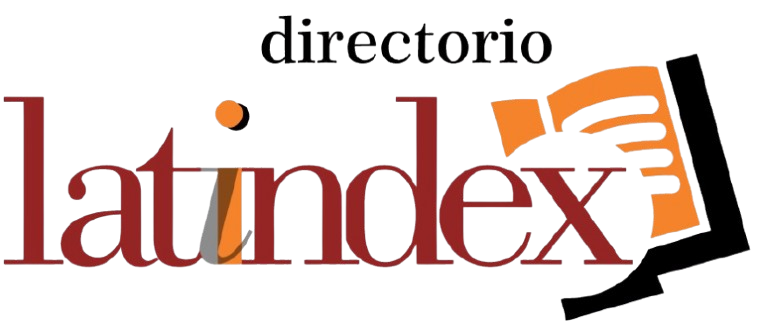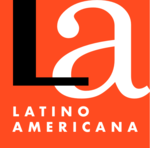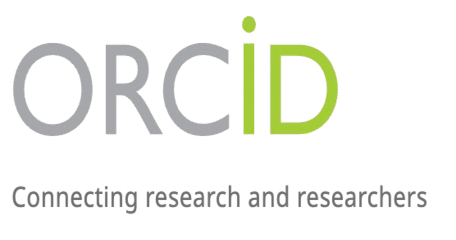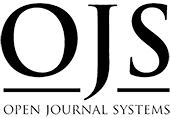Development of generic competencies in Engineering programs: A critical analysis of educational proposals in Chile
Keywords:
Generic competencies, Learning; Active methodologies, Learning outcomes, Higher educationAbstract
Nowadays, one of the major concerns of the industry is finding highly qualified professionals. The difference between the competencies required in the job and those possessed, sometimes referred to as competency gap, concerns both human resources managers and general managers, who seek to hire competent professionals. In this context, this paper seeks to critically analyze the training proposals on the development of generic competencies from six Chilean universities, including four private Higher Education Institutions (HEIs) and two public. Data is collected through a review of the curriculum outlines of engineering careers, available on the website of the selected cases. The results indicate that the curricular proposals of the five HEIs analyzed generate an imbalance between the various types of generic competencies and a disarticulation between the vertical and horizontal dimensions of the curriculum.
Downloads
References
ASEE (2020). 2020 Survey for skills gaps in recent engineering graduates. https://workforcesummit.asee.org/wp-content/uploads/2021/10/CMC-ebook.pdf
Bowen, G. A. (2009). Document Analysis as a Qualitative Research Method. Qualitative Research Journal, 9(2), 27-49. https://biotap.utk.edu/wp-content/uploads/2019/02/document-analysis.pdf
Chadha, D. & Heng, J. Y. Y. (2024). A scoping review of professional skills development in engineeringeducation from 1980–2020. COGEN Education, 11(1), 1-29. https://www.tandfonline.com/doi/epdf/10.1080/2331186X.2024.2309738?needAccess=true
Gajjar, N. B. (2017). The Changing Role of Teachers in Promoting Skill-Based Learning: A Comprehensive Review. International Journal of Research in Humanities & Soc. Sciences, 5(8), 1-6. https://www.raijmr.com/ijrhs/wp-content/uploads/2024/01/IJRHS_2017_vol05_issue_08_03.pdf
Gero, A., Stav, Y. & Yamin, N. (2017). Use of real world examples in engineering education: the case of the course Electric Circuit Theory. World Transactions on Engineering and Technology Education, 15(2), 120-125. https://rediie.cl/wp-content/uploads/WTETE_152_120-125_2017_removed.pdf
Hyytinen, H., Toom, A., and Shavelson, R. (2019). “Enhancing scientific thinking through the development of critical thinking in higher education,” in Redefining Scientific Thinking for Higher Education, eds M. Murtonen and K. Balloo (Cham: Palgrave Macmillan), 59–78. https://researchportal.helsinki.fi/en/publications/enhancing-scientific-thinking-through-the-development-of-critical
Ivanov, V., Pavlenko, I., Evtuhov, A. & Trojanowska, J. (2024). Augmented Reality for Engineering Graphics. Springer. https://rediie.cl/wp-content/uploads/Augmented-Reality-for-Engineering-Graphics.pdf
Mechefske, C. K., Wyss, U. P., Surgenor, B. W., & Kubrick, N. (2005). Alumni/ae surveys as tools for directing change in engineering curriculum. Proceedings of the Canadian Engineering Education Association. https://ojs.library.queensu.ca/index.php/PCEEA/article/view/3911
Mejtoft, T. (2016). Integrating business skills in engineering education: Enhancing learning using a CDIO approach. In J. Björkqvist, K. Edström, R. J. Hugo, J. Kontio, J. Roslöf, R. Sellens & S. Virtanen (Eds.), The 12th International CDIO Conference Proceedings - Full Papers (pp. 689-698). Turku University of Applied Sciences/CDIO Initiative. https://www.diva-portal.org/smash/get/diva2:936674/FULLTEXT01.pdf
Pyakurel, P. (2024). Steps to adapt engineering education to changing skills demands. Times Higher Education (THE) | Inside Higher Ed (IHE). Resources for academics and university staff. https://www.timeshighereducation.com/campus/steps-adapt-engineering-education-changing-skills-demands
Qamar, S. Z., Pervez, T. & Al-Kindi. M. (2019). Engineering Education: Challenges, Opportunities and Future Trends. Proceedings of the International Conference on Industrial Engineering and Operations Management. Riyadh, Saudi Arabia, November 26-28, 2019. https://www.ieomsociety.org/gcc2019/papers/309.pdf
Vera, F. (2023). Infusing Soft Skills in Higher Education: Key to the Development of Advanced Human Capital. Transformar, 4(2), 47–65. https://revistatransformar.cl/index.php/transformar/article/view/92
Vera, F. (2023). Infusing Soft Skills in Higher Education: Key to the Development of Advanced Human Capital. Transformar, 4(2), 47–65. Recuperado a partir de https://revistatransformar.cl/index.php/transformar/article/view/92
Vera, F. & García-Martínez, S. (2022). Creencias y prácticas de docentes universitarios respecto a la integración de tecnología digital para el desarrollo de competencias genéricas. Revista Colombiana de Educación, 1(84), 1-16. https://doi.org/10.17227/rce.num84-11582
Vera, F. & Tejada, E. (2020). Developing soft skills in undergraduate students: A case at a Chilean private university. Transformar, 1(1), 57–67. https://revistatransformar.cl/index.php/transformar/article/view/12
Vodovozov, V.; Raud, Z.; Petlenkov, E. (2021). Challenges of Active Learning in a View of Integrated Engineering Education. Educ. Sci. 11(43), 1-14. https://doi.org/10.3390/educsci11020043












